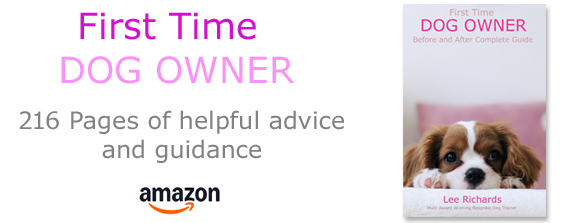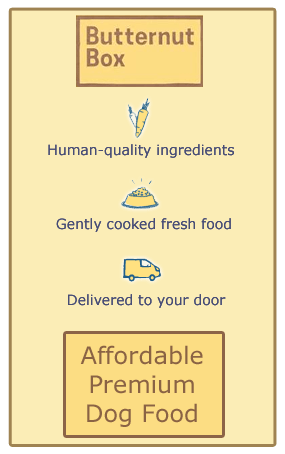As pet owners, we often think about how to provide the best care for our furry friends in terms of nutrition, exercise, and grooming.
However, one area that sometimes gets overlooked is the emotional well-being of our dogs and how it intertwines with their physical health.
One of the most surprising connections can be found between your dog’s emotions and their digestive health.
Understanding this relationship can empower you to make choices that benefit both their emotional and physical well-being.
The Gut-Brain Axis
Recent studies have validated what many pet owners have instinctively known: emotions can significantly impact digestive health.
This connection primarily operates through what scientists refer to as the “gut-brain axis.”
This term describes the two-way communication system between the gastrointestinal tract and the brain.
For dogs, just as for humans, stress, anxiety, or fear can lead to changes in gut health, which may manifest in various digestive issues such as diarrhea, constipation, or even vomiting.
For instance, a dog experiencing separation anxiety when left alone may exhibit signs of distress that can lead to digestive disturbances.
This stress can alter gut motility and the balance of gut bacteria, leading to problems that further exacerbate their emotional state.
Thus, a dog’s feelings can literally affect their gut.
Stress and Digestion
When dogs encounter stress, their bodies release hormones like cortisol, which can significantly impact digestion.
Under stress, the body may prioritize survival instincts over digestion, resulting in slower digestion or reduced blood flow to the digestive system.
In turn, this can lead to gastrointestinal issues.
As pet owners, it’s crucial to recognize signs of stress in our dogs, which can range from excessive barking or whining to destructive behaviors.
Creating a calm environment is essential.
Simple changes like providing a designated quiet space, engaging in more playtime, and maintaining a consistent routine can help alleviate stress.
Additionally, some dogs may benefit from calming aids, such as anxiety wraps or pheromone diffusers.
Emotional Enrichment for a Healthy Gut
Keeping your dog emotionally stimulated can also promote a healthy digestive system.
Engaging their minds reduces the likelihood of stress-induced digestive problems.
Incorporating regular mental exercises, such as puzzle toys or obedience training, can help keep your dog both physically and mentally active.
A well-stimulated dog is less likely to succumb to anxious behaviors that negatively impact digestion.
Understanding your dog’s emotional state also means being aware of how changes in their lives can affect them.
Moving to a new home, the arrival of a new family member, or changes in the daily routine can all be stressors.
Taking time to introduce changes gradually and providing reassurances can make a world of difference in how your dog adapts emotionally and physically.
Maintaining Digestive Health
While emotional well-being is essential, it’s also crucial to maintain your dog’s digestive health through proper nutrition.
A balanced diet rich in nutrients, fiber, and probiotics can support gut health, which in turn may improve mood and decrease anxiety.
Consulting with your veterinarian about the best dietary choices based on your dog’s age, breed, and specific needs can be invaluable.
It’s also important to keep an eye on your dog’s bowel movements and appetite regularly.
Sudden changes may indicate an underlying problem, either emotionally or physically.
If you notice persistent digestive issues alongside behavioral changes, it’s essential to consult a veterinarian to rule out any serious conditions.
Conclusion
The connection between your dog’s emotions and digestive health is intricate and undeniable.
By fostering a nurturing environment, meeting their emotional needs, and maintaining proper nutrition, you can help promote a healthy gut, which supports overall well-being.
Remember, a happy dog is often a healthy dog, and taking a holistic approach can yield the best outcomes for our beloved companions.
Understanding this connection not only enhances their quality of life but also strengthens the bond between you and your furry friend.
After all, their health and happiness depend on us as loving caretakers.









